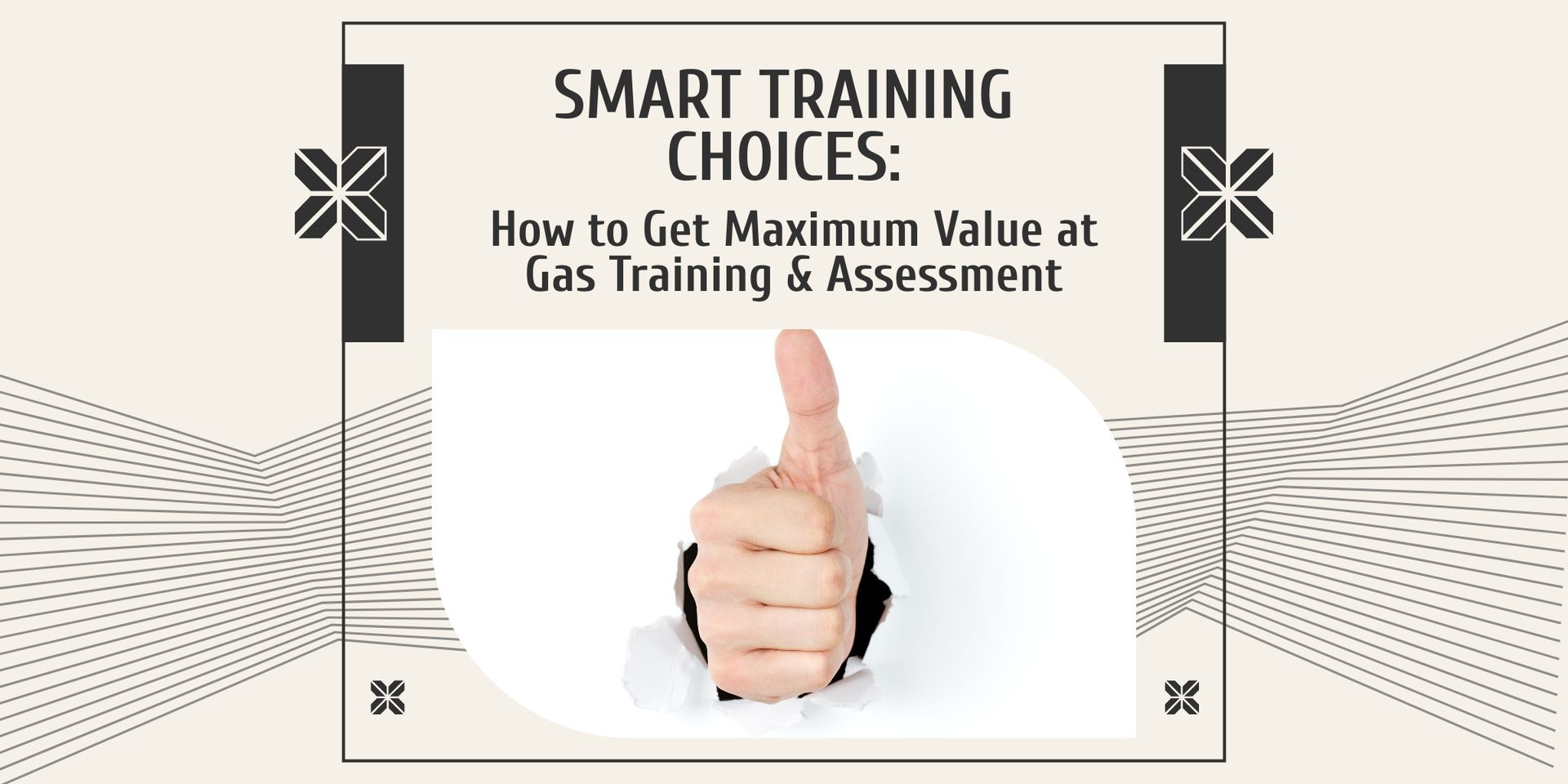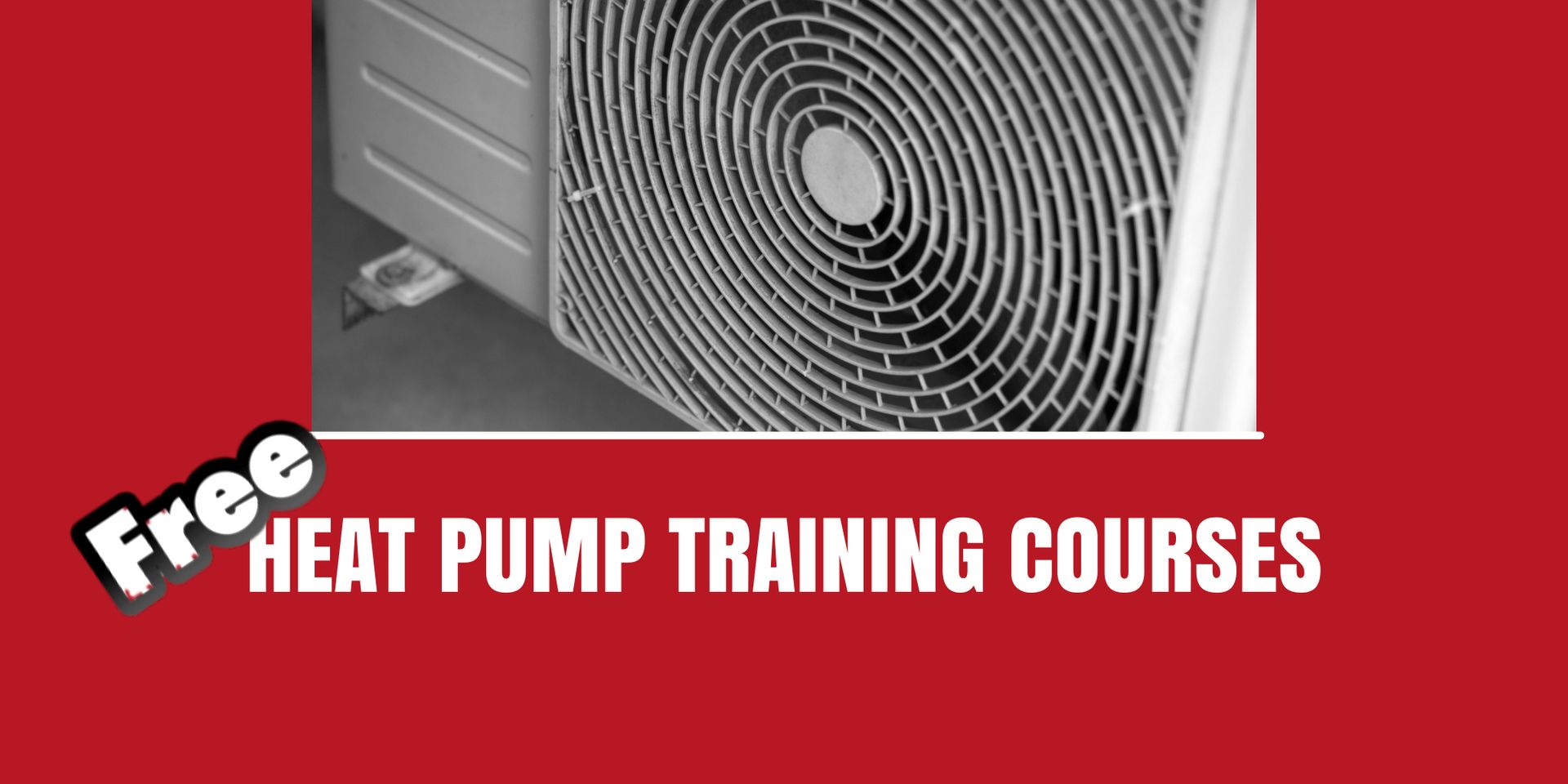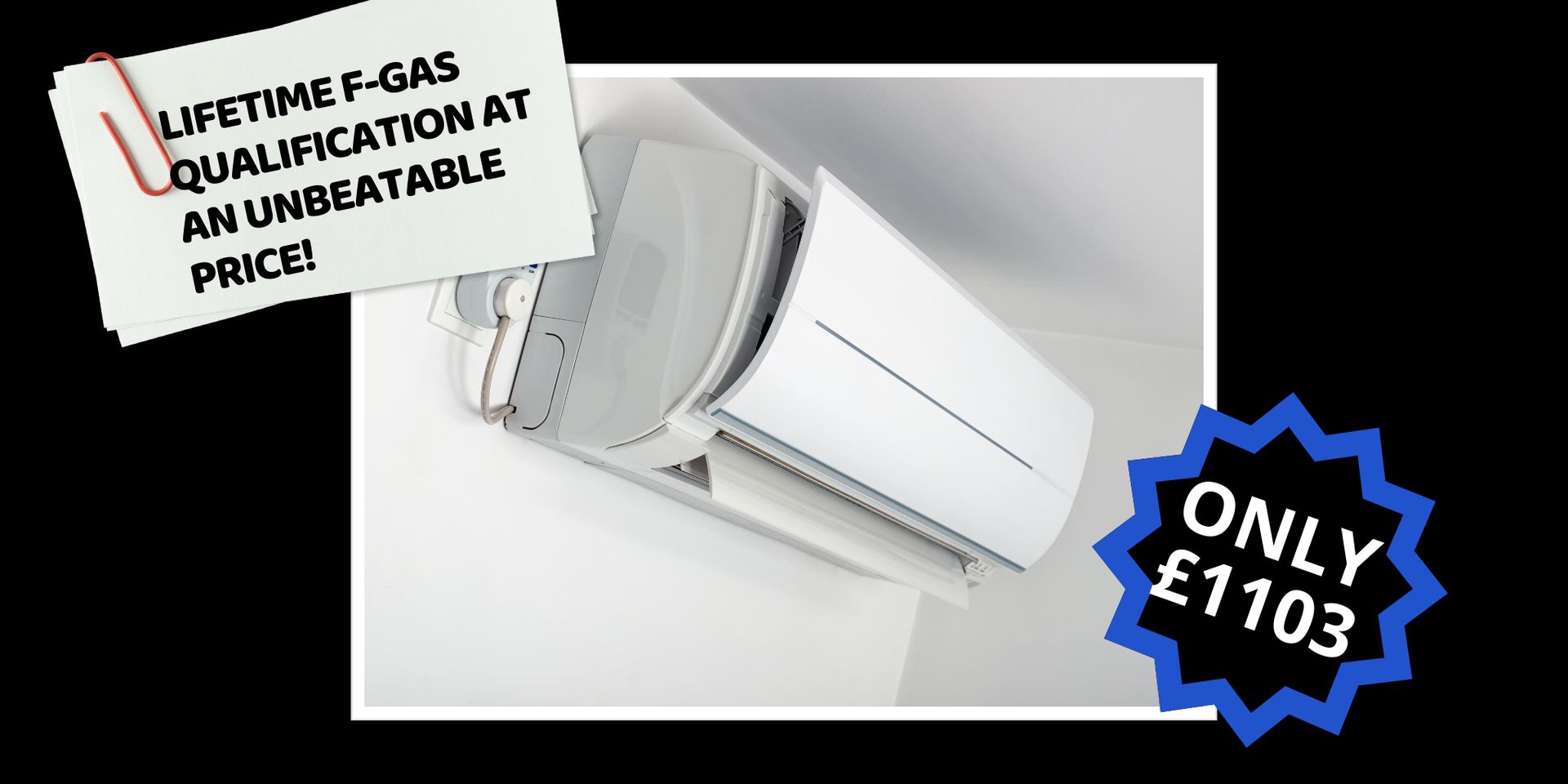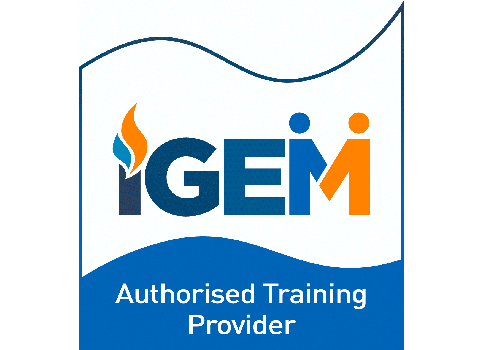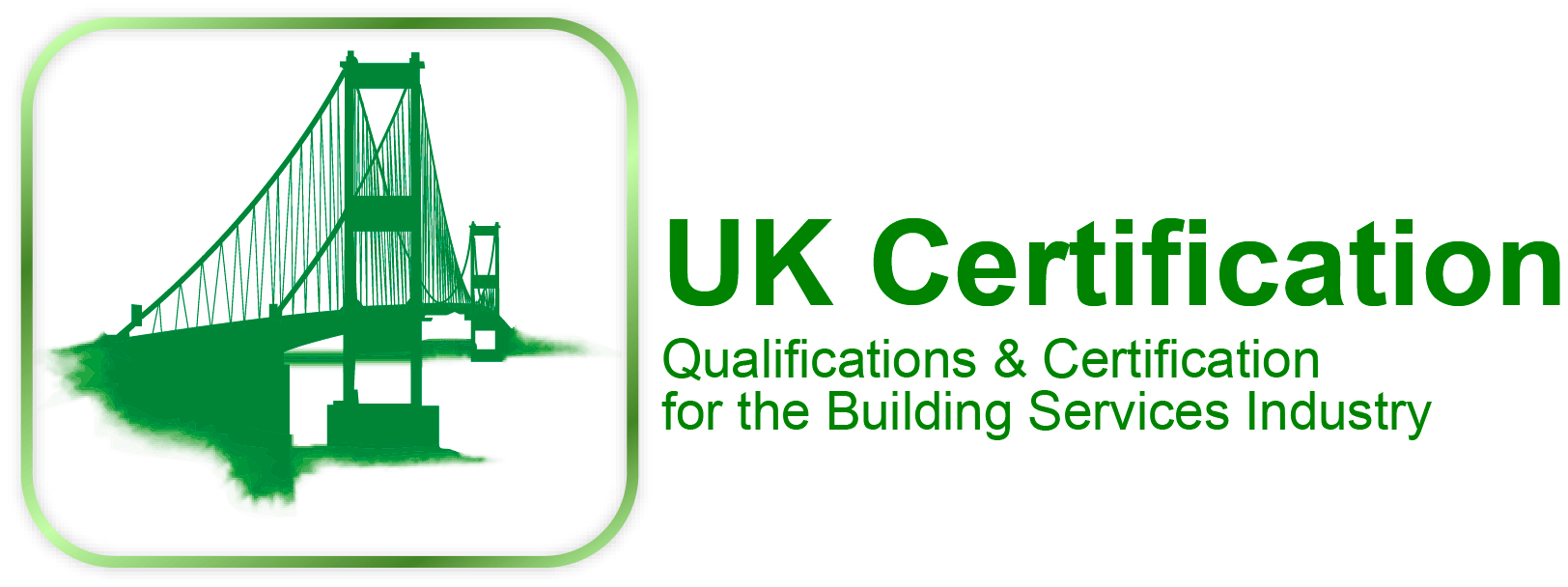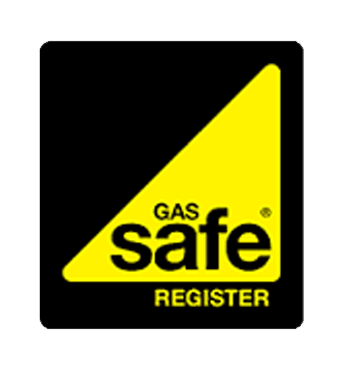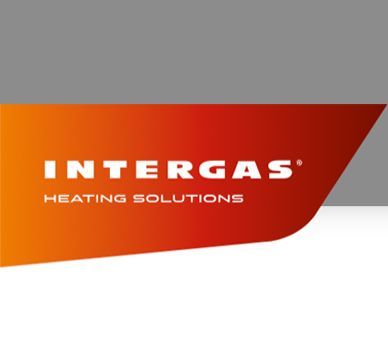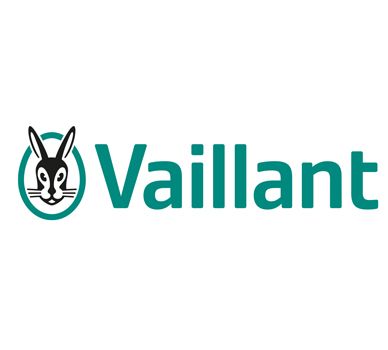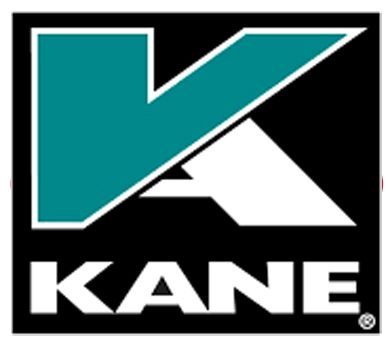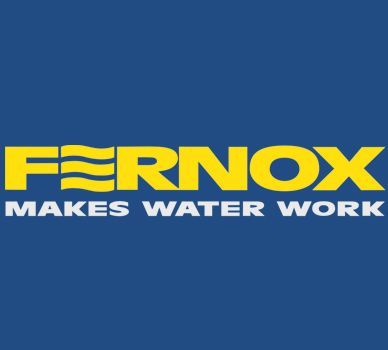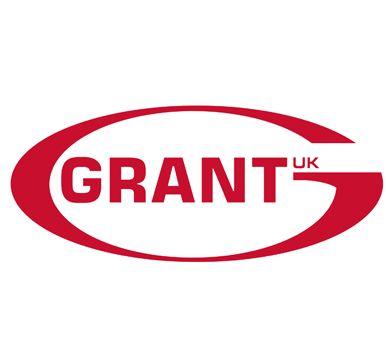4 Basic Boiler Maintenance Tasks That You Need To Know
All heat pumps and boilers will eventually need maintenance as they age. Maintenance is necessary to keep the system running efficiently and ensure all components work well. Regular maintenance can help to extend the life of the system and can help to prevent unexpected breakdowns and repairs.
Without regular maintenance, your heat pump or boiler may become inefficient and need repairs sooner than expected. It is essential to follow the manufacturer's maintenance instructions and have the system serviced and inspected annually by a qualified technician.
That being said, knowing how to maintain your heating system yourself is also a good idea. This way, you'll be able to identify and fix minor issues before they become significant problems. If you're serious about boiler maintenance, there are underfloor heating systems training courses that you can join to learn more.
Here are four basic boiler maintenance tasks that every homeowner should know.
1. Check the Pressure Gauge Regularly
If you own a boiler, it's essential to understand how pressure works to keep your system running efficiently. Boiler pressure is a measure of the water pressure in the system, and it's crucial to maintain the correct pressure for your boiler to work correctly. Too much pressure can cause damage to your system, while too little pressure can lead to lower efficiency and performance.
You'll need to find the pressure gauge to check your boiler pressure. This is typically located on the side of the boiler and will indicate the current pressure level. You'll want to ensure the pressure gauge shows the correct pressure for your system. You must adjust the pressure accordingly if it's too low or too high.
2. Test the Safety Valves
Safety valves are essential to any industrial process, and it's crucial to ensure they function correctly. Regular testing of safety valves is essential to ensure that they are in good working condition and able to protect against any potential hazards.
Safety valves should be regularly tested every few months or more if they are in a high-risk environment. The first step in testing a safety valve is to inspect it for any visible signs of damage or wear. If any damage is found, replace the valve immediately.
3. Check the Thermometer
An accurate thermometer in your boiler ensures that your heating system is running at peak condition. A thermometer helps measure the temperature of the water in your boiler, allowing you to ensure that your boiler is heating the water to the correct temperature.
When calibrating your boiler's thermometer, it is crucial to consider the temperature of the water and the environment in which the boiler is located. This will ensure that the thermometer can measure the water temperature in the boiler accurately.
Once you have the correct thermometer, you must place it in the boiler and ensure it is securely attached. You can then use a reference thermometer to compare the readings of the two thermometers. If the readings are not the same, you will need to adjust the calibration of the boiler's thermometer until the readings are the same.
4. Clean the Burner and Heat Exchanger
To ensure that your burner and heat exchanger remains in optimal condition, it is essential to clean them regularly. First, turn off the power to your heating system and disconnect the fuel line before cleaning.
Use a vacuum to remove dust and debris from the burner and heat exchanger. You may also need to scrub the surfaces with a soft brush and warm, soapy water. Once the surfaces are clean, use a damp cloth to remove any remaining residue. Finally, reconnect the fuel line and turn the power back on.
Conclusion
Overall, learning to maintain your boiler is an essential skill that saves you time and money. With the right tools and regular maintenance, you can ensure your boiler runs efficiently and safely. Regularly inspecting and cleaning your boiler, replacing worn parts, and checking for leaks are essential for keeping your boiler running smoothly. If you're serious about boiler maintenance, look for underfloor heating systems training courses that you can join to learn more.
Sign up today for Gas Training & Assessment’s
underfloor heating systems training courses. Our experienced instructors will provide you with the knowledge and confidence you need to become a certified installer and ensure your work is up to the highest standards. Contact us today to get started.







